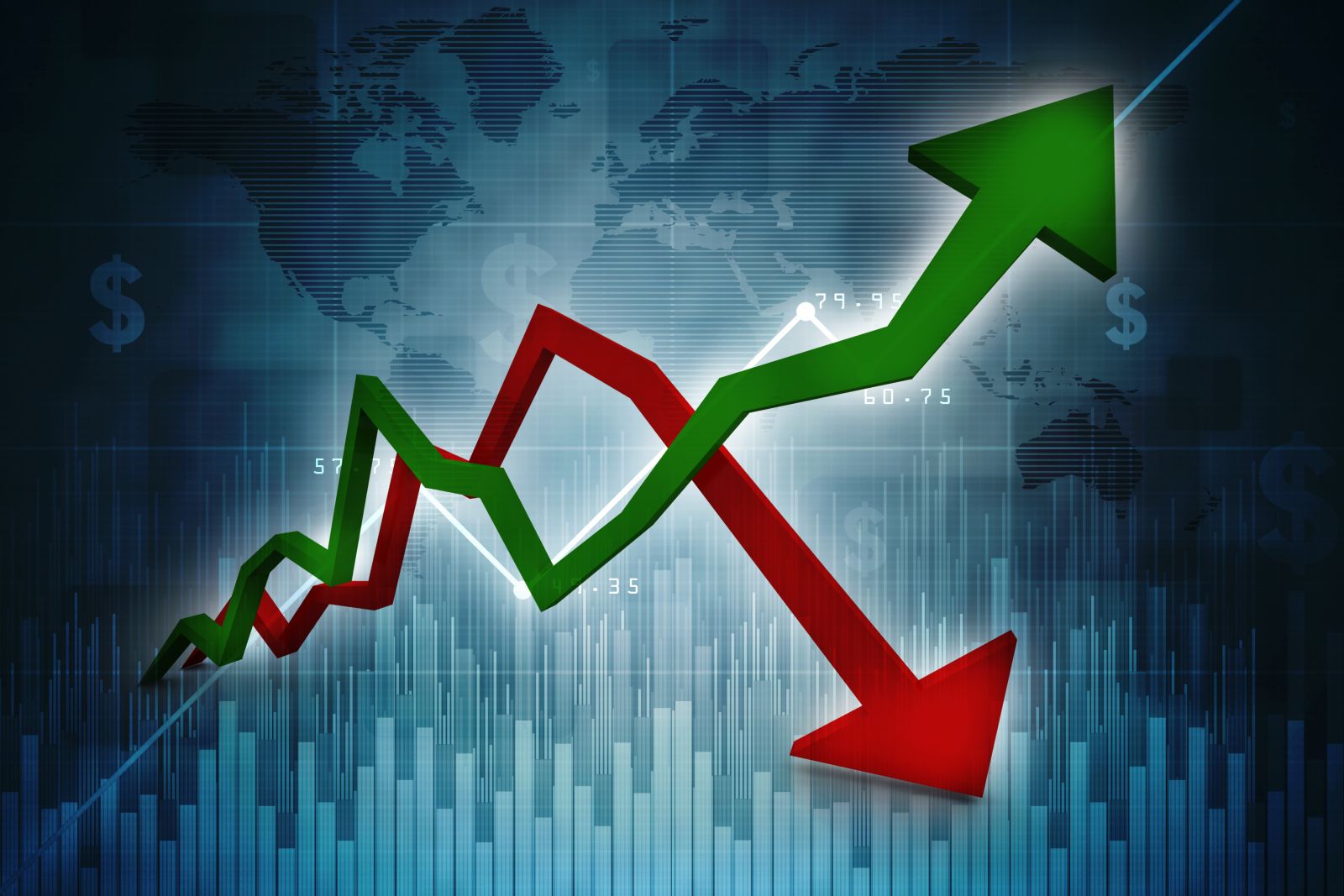
When 52-week highs and lows are relatively balanced, it’s a sign that investors are uncertain about the future direction of stocks. According to Stocktwits, there were 76 52-week highs on Tuesday, four more than the 52-week lows.
I've been writing about stocks hitting 52-week highs and lows for at least a year, probably more. It's not often that you see this kind of balance between the two.
President Trump has undoubtedly spooked the markets. Given the massive tariffs he wants to impose on Canadian steel and aluminum imports, this effect is unlikely to dissipate. Good luck finding reasonably priced aluminum foil in the future, but I digress.
As I said, there were 76 52-week highs and 72 50 52-week lows. Consumer defensive stocks stood out among the different sectors, with 13 hitting one or the other.
For today’s commentary, I will focus on the eight 52-week lows. Some of them are rightfully trading where they are for a reason. However, at least two or three deserve a better fate.
Here’s why.
Coty Is One of the 8 Stocks in Question
| Company | Market Cap | Company | Market Cap |
| Diageo plc | $60.07B | Flowers Foods | $3.94B |
| Constellation Brands | $29.77B | National Beverage | $3.73B |
| Conagra Brands | $11.89B | Boston Beer | $2.68B |
| Coty Inc. | $5.34B | Krispy Kreme | $1.51B |
Of the eight 52-week lows, Stocktwits said Coty (COTY) was the worst of the worst, losing nearly 10% on the day, hitting its lowest point since May 2022.
CEO Sue Nabi was hired to save the iconic beauty company in June 2020. She came to Coty with an impressive resume of 20 years at L’Oreal (LRLCY). In the 4.5 years she’s been its chief executive, its shares have gained 31%, considerably less than the 93% gain for the S&P 500.
I’m surprised Coty has so many Stocktwits followers (11,377). It’s got very little growth ahead of it. However, in fairness to Nabi, she has improved its EBIT margins. In 2021, according to S&P Global Market Intelligence, they were 3.4%. In the 12 months ended Dec. 31, they were 10.3%, and they’re expected to reach 15% by 2027 or earlier.
From a valuation perspective, COTY's shares are cheaper than in the past five years. It’s no wonder COTY has so many followers. If the beauty industry can get out of its current funk, it can move back into double digits.
Diageo Getting Pummeled
Diageo (DEO) is the largest of the eight stocks.
It is caught in a multi-year downturn in the value of its stock, which hit its 31st 52-week low of the past 12 months yesterday. It now trades at a three-year low. At the tail end of the pandemic in Jan. 2022, after the COVID-related global drinking binge began to subside, DEO stock hit an all-time high of $223.14.
Its stock has definitely had better days. The company faces two considerable headwinds.
The first is that people are drinking less as they seek healthier lifestyles. The second is that the inflationary years we’ve been through have discouraged consumers, especially younger ones, from buying premium and ultra-premium spirits. They just can’t afford it.
I suspect the first headwind is more concerning than the second. Like smoking many years ago, as people give up alcohol, there will be one less customer to sell to. Eventually, even though you’re a global company, you’ll run out of customers.
Now, I don’t believe this will happen overnight. It could take many decades, but the number of abstainers is rising.
As for the cost factor, as soon as consumers return to a place where they feel confident about spending more, I’m sure Johnnie Walker sales will return to historical norms.
In the end, Diageo generated over $20 billion in annual revenue, with $5.8 billion in EBIT profit in the last 12 months ended Dec. 31. Its EBIT margin, while lower than in recent years at 28.6%, is still extremely healthy. Its current enterprise value is $66.65 billion, 14.24x its EBIT. Its valuation hasn’t been this low since 2014.
DEO stock is a contrarian value play for patient capital.
Flowers Foods Is More Than Wonder Bread
As I mentioned in the section about Diageo, many consumers are making healthier food and beverage choices. Flowers Foods (FLO), the Georgia-based owner of many baked food brands, including Wonder Bread, is doing its best to transform its business to meet the demands of its newish customer base.
The company reported its Q4 2024 results on Feb. 7. They were mixed: Net sales were $1.11 billion, 1.6% lower than last year, while adjusted net income was up 8.7% to $46.4 million. The company expects another challenging year in 2025.
However, on a positive note, Flowers is doing plenty to ensure it has healthy products for consumers, not just iconic brands such as Wonder Bread.
In January, it announced it had acquired Simple Mills, a maker of better-for-you crackers, cookies, snack bars, and baking mixes, for $795 million. In one deal, it acquired a healthier food brand and entered categories it was not currently competing in.
In addition, Simple Mills had 2024 sales of $240 million, 14% higher than in 2020, meaning Flowers gets a brand growing faster than many of its own. While acquisitions are often overrated and fail to deliver the projected benefits, the Simple Mills acquisition positions it to offer healthier options to customers.
While it might not be transformational, this move gives Flowers greater product diversification, strengthening its business.
Its current share price is about where it traded in 2019. It’s not a sexy stock, but I’m confident its intrinsic value is worth more than $18.36 a share.
How much more? We’ll find out in the next 12-24 months.







